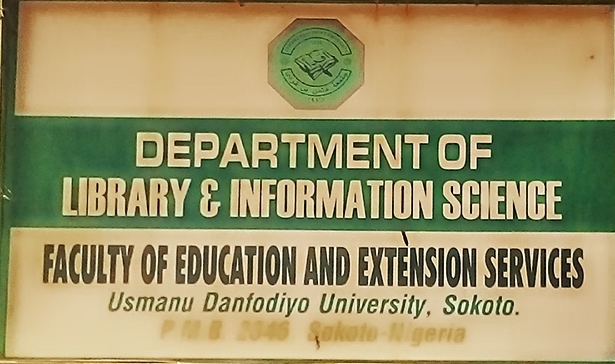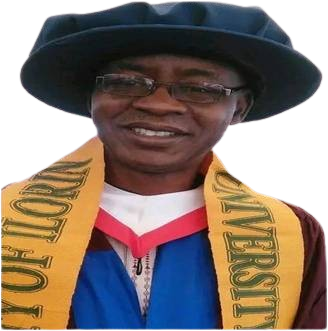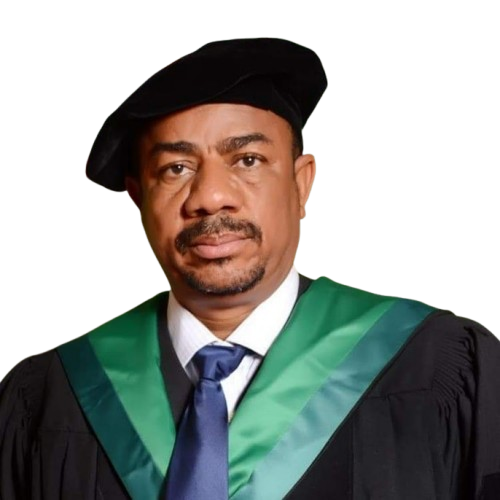Library and Information Science

History of the Department
The BLIS full time programme is an offshoot of the Diploma in Library Science (DLIS) and the Part-Time B.EdLibrary and Information Science (B.Ed. LIS) which were started in the University far back in 1993 and 2003 respectively. Since then, both the programmes have graduated a considerable number of students most of whom are now working in various libraries and related institutions across the country.
The Senate approved the establishmentof the Department of Library and Information Science and the commencement of the full-time Bachelor of Library and Information Science (BLIS) programme in the Faculty of Education and Extension Services on 25th September 2019. Consequently, the programme was approved by National University Commission (NUC) on 23rd February, 2021,following a successful resource assessment visit conducted by the NUC panel on 9th December, 2020. Furthermore, the BLIS programme was equally approved/recognized by the Librarians’ Registration Council of Nigeria (LRCN) on 1st September, 2021, following a visit to the Department by the LRCN team led by the Acting Registrar/CEO on 18th August, 2021. Initially, sixty-six (66) students were admitted into the programme and lectures commenced in the 2020/2021 academic session on 13th October, 2021. The 66 fresh students were matriculated on 20th December, 2021 while orientation programme was organized for them by the Department on 22nd December, 2021. .
Currently, the following programmes are being run by the Department: . 1.BLIS Library and Information Science (Full Time) . 2.BLIS (Ed) Library and Information Science (Part-Time) . 3.Diploma Library and Information Science (Full Time) . Philosophy of the Programme. The philosophy of the programme is to provide theoretical and practical knowledge and skills adequate for the production of qualified Library and Information professionals competent to manage and serve in all types of libraries and information systems, archives, documentation centre, media and other related organisations/establishment. This will be achieved through intensive teaching of Library and Information Science curriculum, relevant educational courses, basic skills in Information and Communication Technologies (ICT), as well as inculcation of the right attitudes to work integrated with the basic instruction in language development that will ensure proficiency in both oral and written communication and good inter-personal relations. Integrated into the programme are practicum and industrial attachment for the enhancement of practical experience in the profession. Objectives of the Programme. The specific objectives of the programme are to: 1)Produce competent library and information professionals for the management of all types of libraries and information systems, archives, documentation centres, media and allied institutions. 2)Provide high level library and information manpower needed for national and human development. 3)Equip the products of the programme with relevant theoretical knowledge, practical skills and techniques that will enable them to teach, conduct research and development activities in Library and Information Science field. 4)Encourage the spirit of enquiry and creativity among the Library and Information professionals so that they are capable of understanding the emerging concepts on the role of information in a complex, multi-cultural, multi-ethnic and largely non-literate society like Nigeria. 5)Provide graduates with the intellectual and professional background adequate and suitable for employment in all areas of human endeavours. 6)Provide an understanding and skills in the application of communications technologies in library and information work.
Head of Department
(Library and Information Science)
Departments
- Adult Education and Extension Services
- Curriculum Studies & Educational Tech.
- Educational Foundations
- Library and Information Science
- Science and Vocational Education

